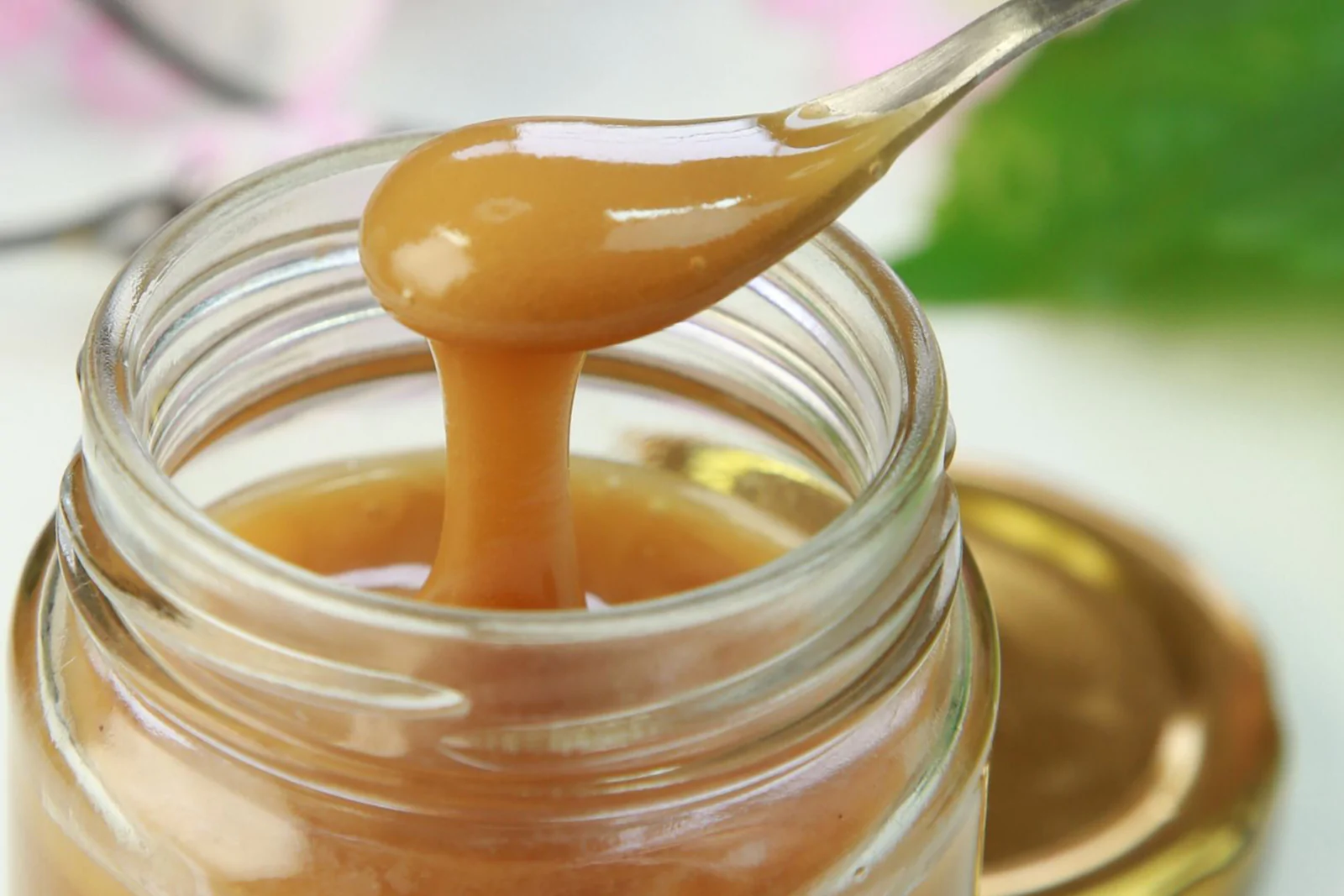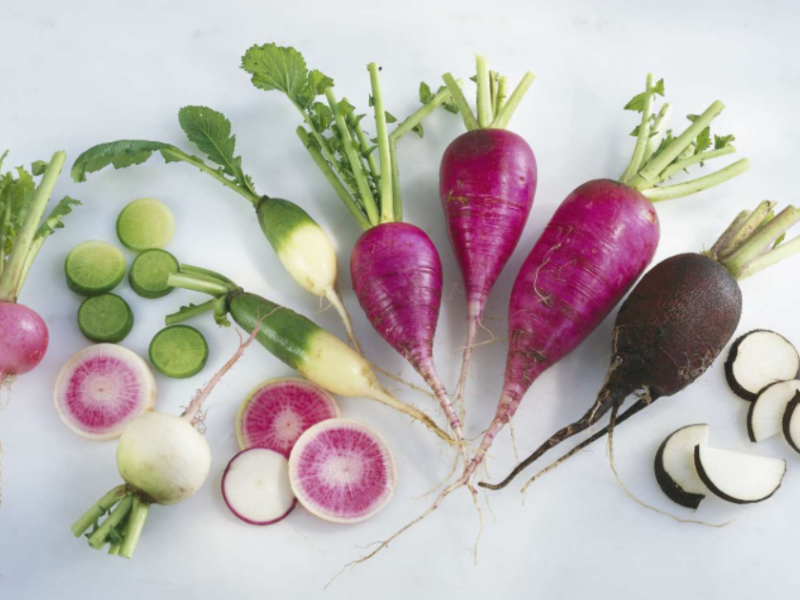One of nature’s miracles, honey not only tastes amazing but also has a long list of health advantages. One of the strongest varieties of honey is Manuka honey, which has potent antibacterial qualities.
It is made by honey bees that eat manuka tree nectar and has a distinctive dark brown color and more potent therapeutic qualities than conventional honey. Due to its potent antiseptic effects, raw honey has been employed by all ancient civilizations, particularly in the treatment of wounds and illnesses.
According to Dr. Josh Axe:
“Manuka honey benefits have been touted in the natural health world for a long time and even more in recent years because a growing body of research is starting to support thousands of years of folk medicine use. Some of the top Manuka honey uses are and benefits include:
Find out more about: To Strengthen The Knees, Rebuild Cartilages And Ligaments You Will Need This Drink
- Helps with SIBO, Low Stomach Acid, Acid Reflux
- May Help Treat Acne and Eczema
- Combats Staph Infections (MRSA)
- Treats Burns, Wounds, and Ulcers
- Prevents Tooth Decay and Gingivitis
- Aids IBS and IBD Treatment
- Improves Sore Throats and Immunity
- Helps Allergies
- Beauty Treatment and Health Booster
- Improves Sleep”
Manuka honey is rich in antioxidants, natural chemicals including peptides, phenolics, organic acids, and enzymes, and it has been shown to inhibit more than 60 distinct species of bacteria, viruses, and fungi.
Due to the considerable levels of naturally occurring hydrogen peroxide, Manuka honey has a high acidity level, which contributes to its effective antibacterial properties. Staphylococcus aureus, also known as staph infections, and Helicobacter pylori, a stomach bug associated to stomach cancer, have both been proven to be eliminated by manuka honey.
Antibiotic resistance is causing scientists to become increasingly concerned because it will lead to the development of “superbugs” if new antibiotics are continually developed to eradicate microbial strains that were previously resistant to them. Natural antibiotics are necessary to combat these superbugs since they will eventually develop resistance to all antibiotics.
Manuka honey is thought to be a potential substitute. Studies have revealed that these strains do not develop a resistance to manuka honey over time, which experts underline in relation to its antibacterial, antiviral, and antifungal capabilities.
As a result, Manuka honey can be applied topically and consumed as an antibiotic naturally. It works well when applied topically to scrapes, cuts, scratches, and diseased regions. It can also be used internally to treat stomach and intestinal diseases.



